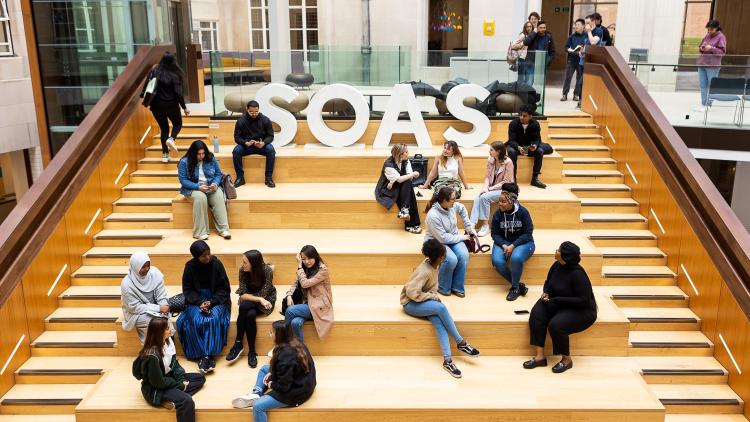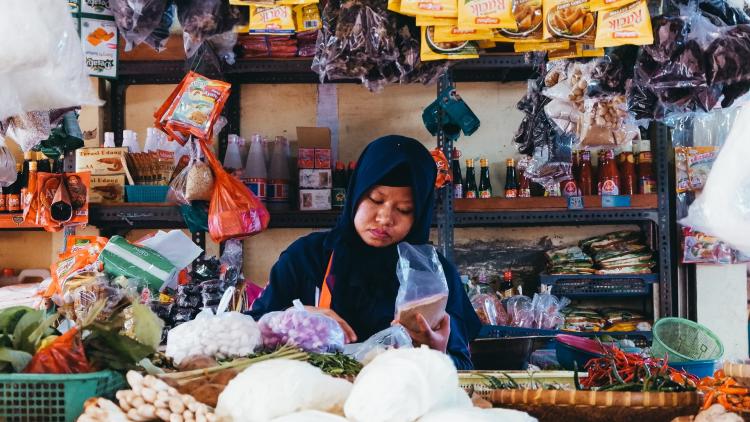Managing supercycles: globalisation and institutional change


Project Information
Principal Investigator
- Daniela Gabor (University of the West of England)
Co-investigators
- Yannis Dafermos (SOAS University of London)
- Jo Michell (University of the West of England)
Funders
Duration
- 2019–2020
Overview
This project explores a ‘third’ cycle in macroeconomics that has a longer horizon than the standard business and financial cycles, and is anchored in institutional and ideational struggles.
Drawing on Minsky, we define this institutional supercycle as a long-run process of institutional change over which the effectiveness of institutional structures that aim to stabilise the macrofinancial system – Minsky’s thwarting mechanisms – wax and wane due to private sector innovation and political struggles.
The project explores the evolving architecture of thwarting mechanisms over two supercycles in the post-war period: Industrial Capitalism and Financial Globalisation. We capture the changing effectiveness of thwarting mechanisms through a Macrofinancial Stability Index (MSI) and use this index to apply a four-phase classification system. The project also examines in further detail the growing importance of global shadow banks, which we term neorentiers, to capture their specific institutional footprint during the Financial Globalisation supercycle.
We place special emphasis on two markets critical to the global dollar footprint: FX swaps and repos. We analyse the impact of these markets on macrofinancial vulnerabilities and explore how Fed's lender of last resort interventions have relied on swaps and repos to preserve the hegemony of the US dollar.
Publications
Dafermos, Y., Gabor, D., Michell, J. (2022). Shadow banks, FX swaps and the global dollar footprint, Environment and Planning A.
Dafermos, Y., Gabor, D., Michell, J. (2023). Institutional supercycles: an evolutionary macro-finance approach, New Political Economy.



